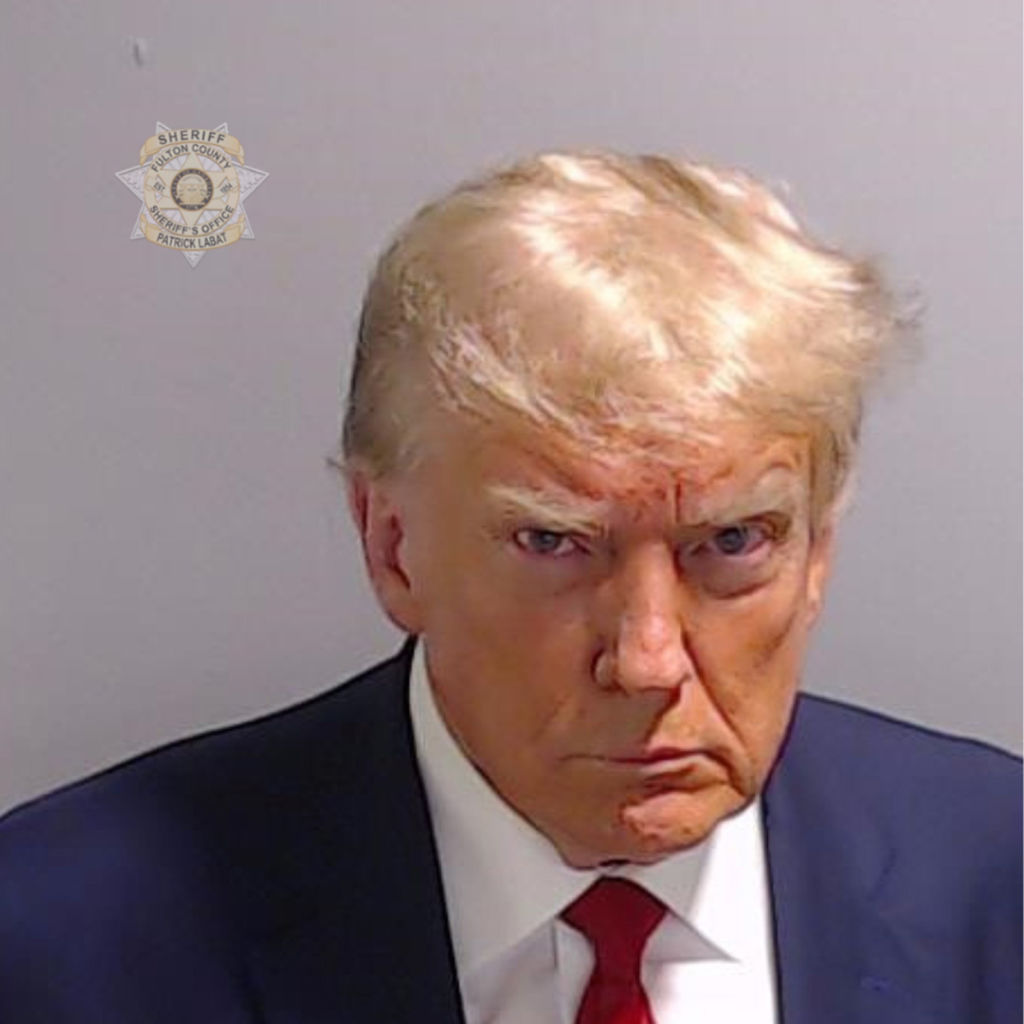Answering Three Questions About Haley’s Support for Trump
Former U.S. Ambassador Nikki Haley publicly announced her support for ex-President Trump, revealing insights into the GOP voter base. Despite some dissatisfaction among her voters, Haley’s endorsement of Trump resonates amidst concerns over Biden’s policies. The dynamic of anti-Trump sentiment within the Republican primaries sheds light on the complexities of political preferences and alliances. Former U.S. Ambassador Nikki Haley’s public endorsement of ex-President Trump provides valuable insights into the GOP voter base. While there is occasional dissatisfaction among her supporters, Haley’s backing of Trump remains influential, especially given concerns about Biden’s policies. The presence of anti-Trump sentiment in the Republican primaries underscores the intricate nature of political preferences and alliances.
Former U.S. Ambassador to the United Nations Nikki Haley answered an important question when she said for the first time publicly that she will vote for former President Donald Trump this year.
By effectively endorsing Trump in the general election, Haley may answer another important question: Who are her voters?
Haley’s campaign for the Republican nomination raised a third question. Polls consistently find Trump locking up about 90% of the GOP vote in general election matchups against President Joe Biden. Trump is also ahead of Biden in most such surveys, further arguing against significant GOP defections.
But even since dropping out, Haley has at times easily exceeded 10% of the vote in Republican primaries. In former Vice President Mike Pence’s Indiana just this month, she won 21.7%. She took 16.6% in Pennsylvania. In earlier, more competitive primaries, exit polls showed deep dissatisfaction among Haley voters with a Trump nomination. A March Emerson College poll showed Haley voters breaking 63% for Biden to 27% for Trump.
ELECTION 2024: FOLLOW LATEST COVERAGE
So what gives?
“Trump has not been perfect on these policies, but Biden has been a catastrophe. So I will be voting for Trump,” Haley said at a Hudson Institute event in Washington, D.C., on Wednesday after listing her policy priorities.
The backlash was swift and, in some quarters, fierce. The Haley vote in the Republican primaries became the anti-Trump vote.
There is some reason to believe Haley’s vote totals were padded by anti-Trump voters who are no longer Republicans, if they ever were. She did win one closed primary, a low-turnout affair in Washington, D.C., but many of her strongest showings came in open and semi-open primaries in the absence of a competitive Democratic presidential race.
In Haley’s home state of South Carolina, she finished a tick below 40% of the vote. But Trump won 72% of self-identified Republicans, according to exit polls, to Haley’s 28%. Haley won 59% of South Carolinians who had never voted in a Republican primary before.
Similarly, in New Hampshire, where Haley won 43% overall, Trump beat her 74% to 25% among voters who described themselves as Republicans.
Only 29% of Haley’s New Hampshire voters said they were strongly for her candidacy. Another 31% backed her with reservations. A plurality of 39% said they disliked other candidates, presumably Trump. Eighty percent of Trump voters said they were strongly for the former president while only 3% were mostly voting against other candidates.
Trump won 85% of North Carolina primary voters who considered themselves Republicans before Election Day, though he also beat Haley among independents 54% to 40%. She won 57% of those who had never voted in a Republican primary before. In the Tar Heel State’s primary, 48% of Haley voters approved of the job Biden is doing to 52% who disapproved. Among Trump voters, 2% approved and 96% disapproved.
The results were similar in Virginia. Forty-eight percent of Haley voters approved of Biden to 51% who disapproved. Only 1% of Trump voters approved to 97% who disapproved. Trump won 79% of Virginians who considered themselves Republicans before the primary. Haley won 84% of the small number who identified as Democrats.
These data points, and the anger at Haley for choosing Trump, support NBC News’s Steve Kornacki’s theory for why she does decently in the primaries, but the former president doesn’t lose many Republicans in general election polls.
“The answer that reconciles those figures, or at least a big part of them, with the general election polling is that many of these Haley votes are likely coming from people who already cast ballots against Trump in 2016 and 2020 — and who are committed to doing so again in 2024,” he writes. “To them, these primaries amount to a bonus opportunity to cast yet another vote against Trump.”
That doesn’t mean Haley’s voters don’t matter. Trump needs every Republican he can get, as well as help with suburban women. But the stubborn Haley vote may be yet another sign that anti-Trump voters will turn out for anyone, even candidates who have already dropped out, to register their protest. That’s a problem, but a different kind of problem than a divided GOP.
CLICK HERE TO READ MORE FROM THE WASHINGTON EXAMINER
Haley’s endorsement, however tepid, isn’t surprising. She said tough things about Trump in 2016 but ultimately voted for him twice, went to work in his administration, gave an enthusiastic speech likening him to President Ronald Reagan at the 2020 GOP convention, and considered deferring to him in the primaries this year.
But many of Haley’s voters made their minds up about Trump a long time ago and won’t be moved by her decision.
" Conservative News Daily does not always share or support the views and opinions expressed here; they are just those of the writer."





